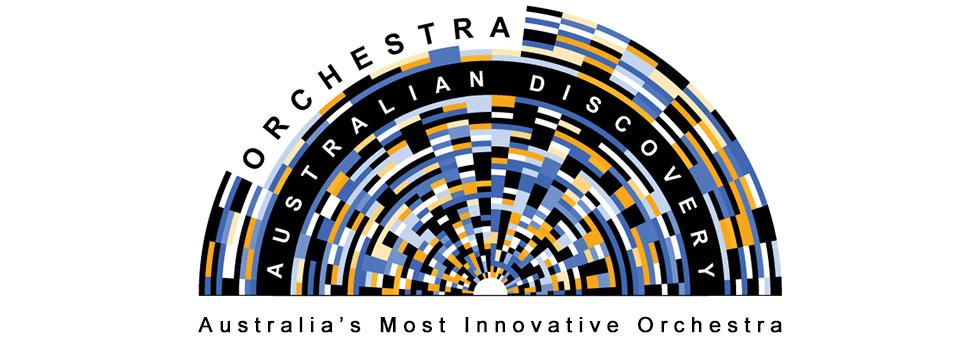2024 Season

CONCERT 1
Ma Mère L’Oye (Mother Goose Suite)
Maurice Ravel
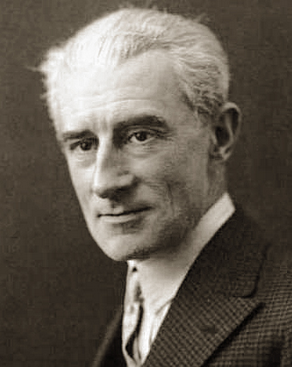
Many of Ravel’s (1875-1937) orchestral compositions began as works for solo piano, or in the case of Ma Mère L’Oye as a piano duet which Ravel originally wrote for Mimi and Jean Godebski—ages 6 and 7 in 1910. At his publisher’s (Jacques Durand) request the composer orchestrated the work in 1911.
Inspired by seventeenth- and eighteenth-century French collections, especially Charles Perrault’s Contes de ma Mère l’Oye of 1697, Ravel’s suite brings familiar and unfamiliar tales to musical life. After an introductory Prélude, Sleeping Beauty has pricked her finger on the spinning wheel (Danse du rouet, or ‘spinning wheel dance’) and lapses into a deep slumber for Pavane of Sleeping Beauty, followed by a portrait of tiny, valiant Tom Thumb. Laideronnette, Empress of the Pagodas takes the somber tale of “The Green Serpent” on a whimsical fantasy with sparkling chinoiserie reminiscent of 18th-century painter François Boucher’s delicate Chinese style. It’s followed by a “conversation” between Beauty and the Beast—characters well known to just about everybody by now—then concludes with a ‘happily ever after’ as a princess is awakened by her prince charming in an appropriately enchanted garden.
Trittico Botticelliano (Three Botticelli Pictures)
Ottorino Respighi
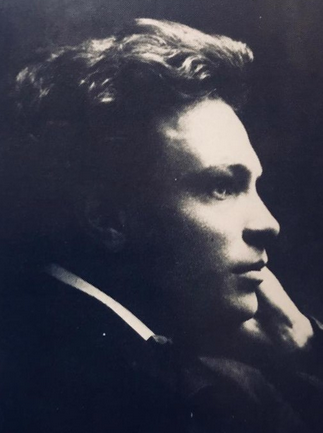
Italian post-Romantic composer Ottorino Respighi (1879-1936) is undoubtedly best known for his “Roman Trilogy” – Fountains of Rome (Fontane di Roma), Pines of Rome (I pini di Roma) and Roman Festivals (Feste romane). Trittico Botticelliano demonstrates Respighi’s reverence for the past, drawing its inspiration from historic paintings and making use of Gregorian chant and old church modes. The work is a three-movement suite based on three specific paintings by the Florentine Renaissance master painter Sandro Botticelli.
The three musically visited Botticelli masterpieces, all of them on display in Florence’s Uffizi Gallery are La Primavera (Spring), L’Adorazione dei Magi (The Adoration of the Magi) and La Nascita di Venere (The Birth of Venus).
La Primavera is a woodland scene depicting shepherds, nymphs, the goddess Flora, and the three Graces. With a stylistic bow to the composer Vivaldi, Respighi greets spring with a bucolic dance tune and musical bird calls.
L’Adorazione dei Magi is a small painting that depicts lavishly clothed pilgrims dismounting their horses as they arrive to worship Mary and the infant Christ. The music is a lovely Siciliana with a lyrical flow flavored with hints of Gregorian chant.
La Nascita di Venere shows the nude Venus, born at sea, standing in a sizeable scallop shell on life-giving waters. Over a musical undercurrent that suggests the sound of waves, a sensuous melodic line that represents Venus flows in a crescendo and then softens and fades.

CONCERT 2
Variations on a Heroic Theme
Raptures
Stuart Hancock
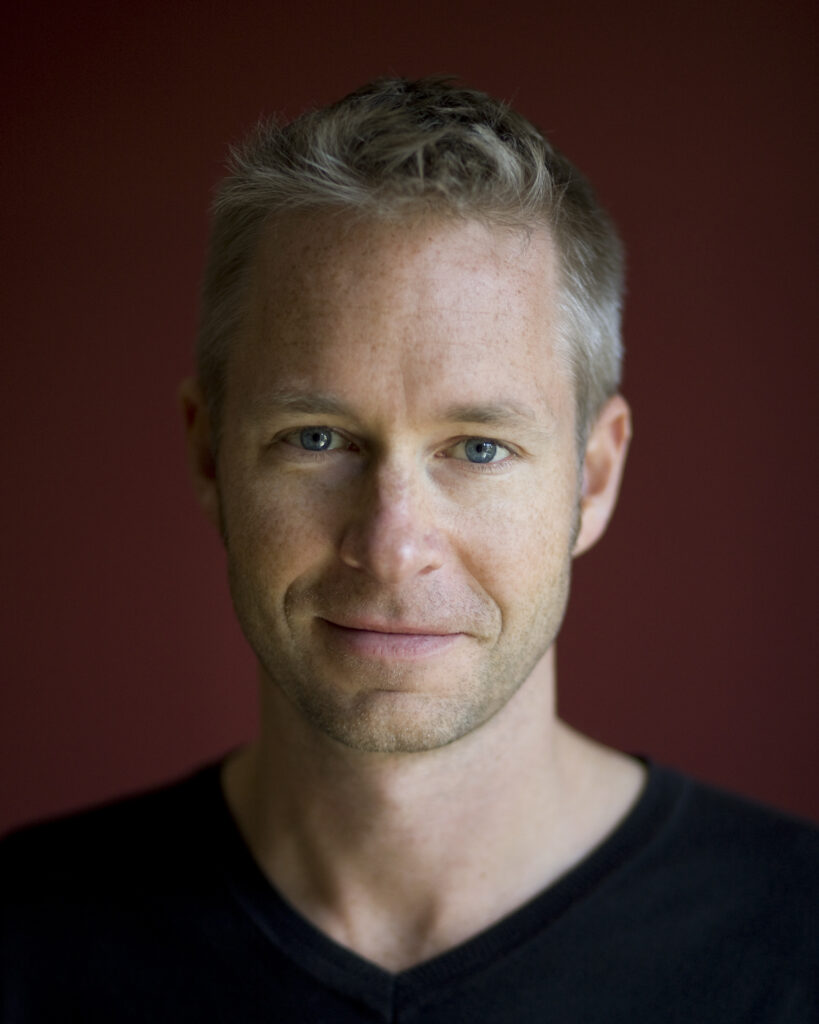
Stuart is an award-winning British composer of music for film, TV, theatre and the concert hall. The Australian Discovery Orchestra is enormously pleased to showcase some of the work of this outstanding British composer.
Variations on a Heroic Theme is conceived as a flamboyant celebratory overture. It was commissioned by the Radcliffe Trust for the UK Rehearsal Orchestra on its 50th Anniversary.
After a short arresting introduction, the eponymous lion-hearted theme is presented by the brass and proceeds to enjoy increasingly exuberant variations showcasing various sections of the orchestra. This suddenly flicks into a deceptively dainty waltz episode with whirling woodwind solos, before flowing into a tranquil central variation featuring lyrical writing for strings, solo cor anglais and trumpet. Fugal woodwind figures bounce off this as the pace picks up again, building to a thrilling climactic variation of the theme with all guns blazing, bringing to a close this spirited orchestral showpiece.
Raptures was originally conceived as a quartet for violin, flute, viola and cello. Orchestrated and expanded onto a broader symphonic canvas. The ADO is privileged to be giving the orchestral suite its concert world premiere.
Each of the five short movements of Raptures are compressed elucidations of a single idea, with the title of each coming from words that Stuart remembers reading in a collection of Sylvia Plath poetry from his school days.
Frank Bridge
The Sea
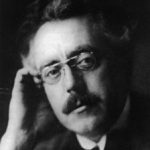
No less a magnificent seascape than Debussy’s La Mer written six years earlier, The Sea belongs to Bridge’s late Romantic period. There are four movements, all of which contribute to the magic of this impressive tone poem.
Bridge wrote the following comments for the programme notes at the premiere:
1. Seascape: Allegro ben moderato
“Seascape paints the sea on a summer morning. From high drifts is seen a great expanse of waters lying in the sunlight. Warm breezes play over the surface.”
2. Sea Foam: Allegro vivo
“Sea-foam froths among the low-lying rocks and pools on the shore, playfully not stormy.”
3. Moonlight: Adagio non troppo
“A calm sea at night. The first moonbeams are struggling to pierce through dark clouds, which eventually pass over, leaving the sea shimmering in full moonlight.”
4. Storm: Allegro energico – Allegro moderato e largamente
“Wind, rain and tempestuous seas, with the lulling of the storm an [allusion] to the first number is heard and which may be regarded as the sea-lover’s dedication to the sea.”
